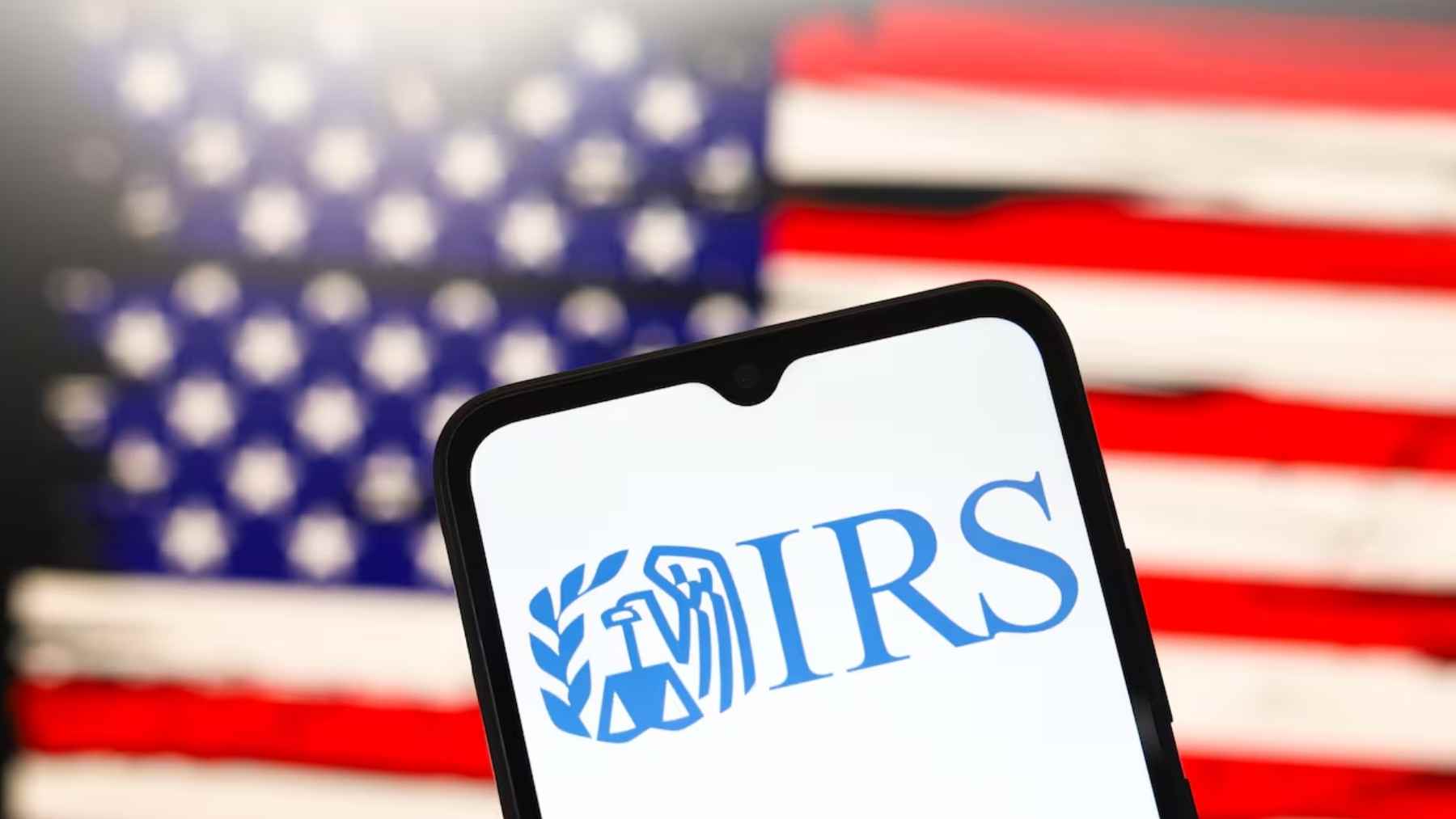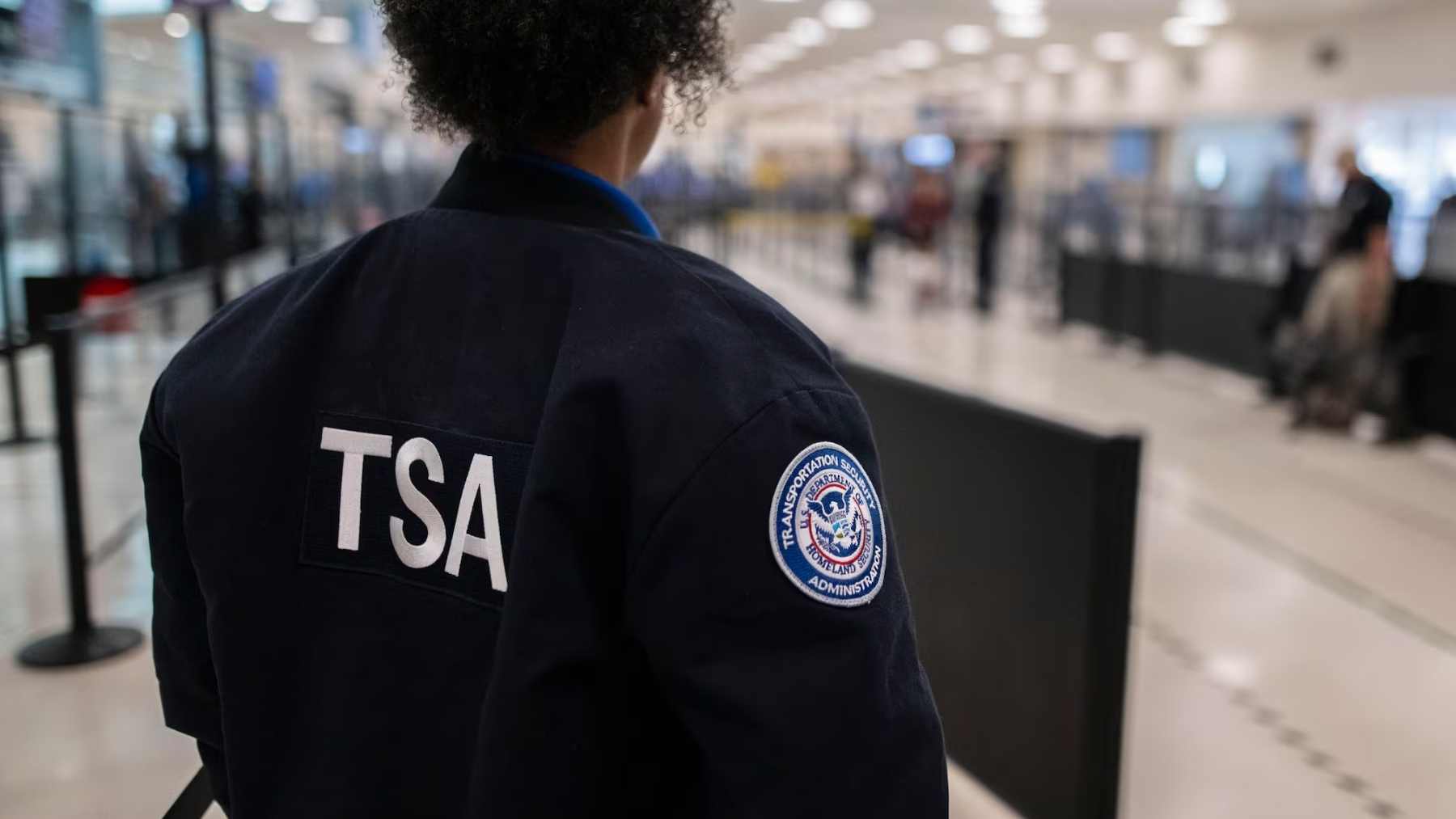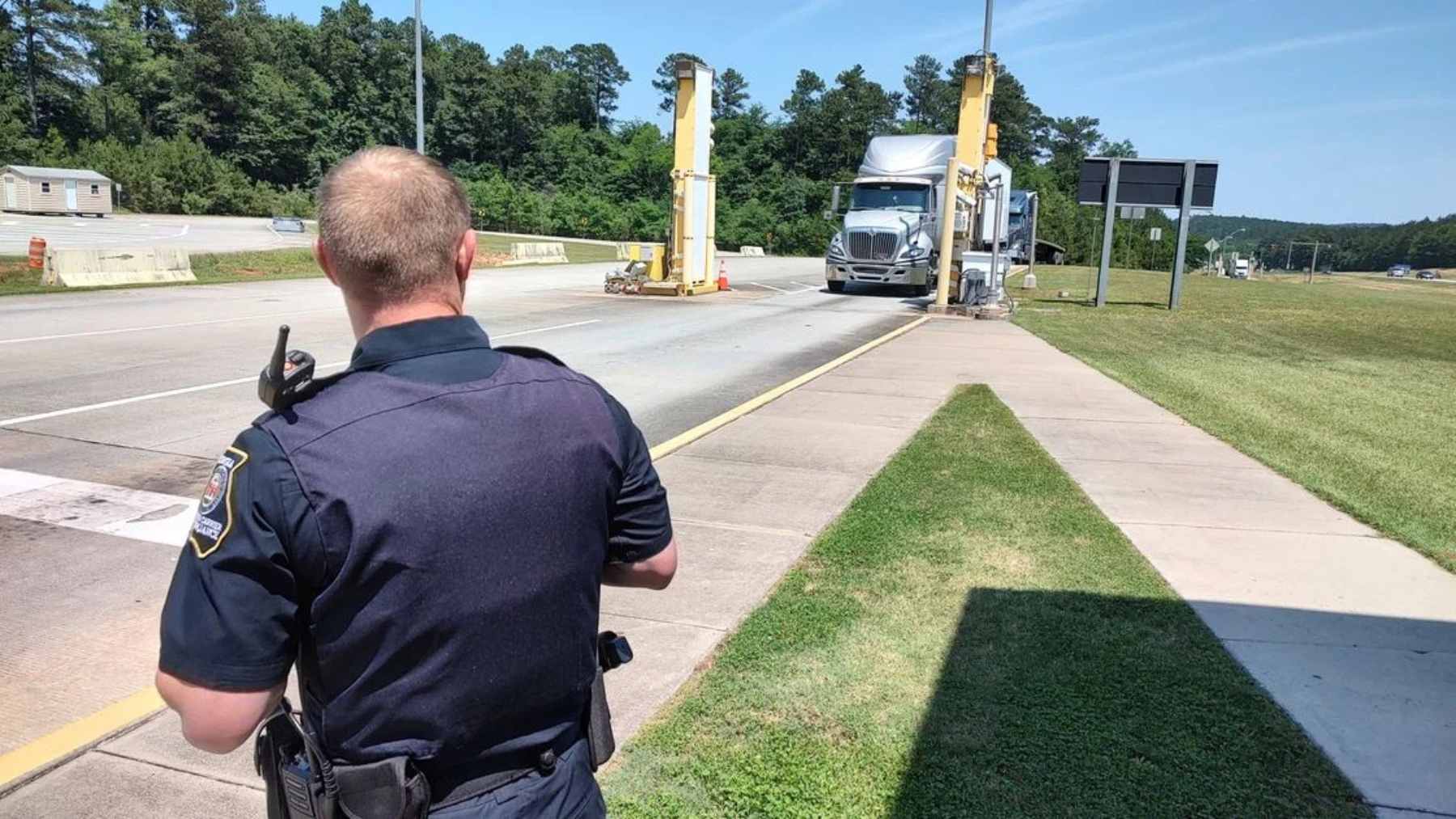With the Trump Administration taking up residence at the white house for the second term of Donald Trump, some of the biggest anticipated changes Americans are waiting on is how the new presidency will effect Social Security and other financial policies. With the introduction of Elon Musk as head of the new Department of Government Efficiency, this has also added additional questions to how reforms by Tesla and SpaceX CEO might impact their benefits.
Treasury grants access to Musk
Recently, the Treasury Secretary Scott Bessent granted access to the federal payment system to Musk and the Department of Government Efficiency (DOGE). This new department orchestrated by President Trump has been specifically introduced to streamline governmental processes and as well as cut unnecessary federal spending. This follows from Musk’s takeover of social media platform X, formerly Twitter, where he reduced the employee count by 75%.
Many Social Security beneficiaries are concerned about what could happen to their payments with Musk now set to possibly make changes to the federal program. “Millions of Americans rely on these systems for Social Security checks, Medicare benefits, federal salaries, grants and tax refunds,” said Sen. Elizabeth Warren, on social media platform X, calling the move “extraordinarily dangerous.”
“It all depends on what they [at DOGE] think is efficient and what isn’t efficient,” added Dan Adcock, director of government relations and policy at the national committee. “These programs are the lifelines of millions of people and seniors with disabilities throughout the country,” he said.
White House officials clarify intentions
With the new announcement of Musk’s access to the federal payment system, and rumors subsequently circulating of what Musk could do, White House officials released a statement to set the record straight on what DOGE is intending to do:
“All DOGE is looking to do is restructure the payment system to reflect the President’s goals and his mission, especially regarding the executive orders,” the White House official said. “Any payments going for Social Security, Medicare, Medicaid, those are not at odds with the president’s executive order,” the official continued. “Any assertion otherwise is just a lie.” It was also confirmed that any access to personal financial information will be limited to government employees who have proper security clearance to do so.
How Trump’s federal worker buyout could impact Social Security
Recently, the Trump administration has offered federal employees a buyouts option. This entails offering employees the opportunity to resign but still get paid through to September. Federal workers had until this past Thursday to accept the resignation offers. Currently, at least 20,000 federal employees have accepted the buyout option. “The number of deferred resignations is rapidly growing, and we’re expecting the largest spike to come 24-48 hours before the deadline,” the Office of Personnel Management spokesperson had said via email.
However, the policy may negatively impact the Social Security Administration, which is already facing a 25-year staffing low according to a group of Democratic senators said last week in a letter to the Office of Personnel Management. “Trump’s buyout offer would have devastating consequences for the tens of millions of Americans who rely on Social Security,” Sen. Kirsten Gillibrand, D-N.Y., said in a statement.
The Social Security Administration has “historically struggled to provide essential services in a timely manner,” the Senators wrote in their letter to the Office of Personnel Management. In 2024, the Social Security’s average phone wait time for service was 45 minutes. In 2023, the average wait time for determinations for disability benefits was 230 days. This highlights how federal employee cuts may not impact federal benefits, but will directly impact the service and functioning of the department as a whole. Musk’s plans have yet to be confirmed however.












